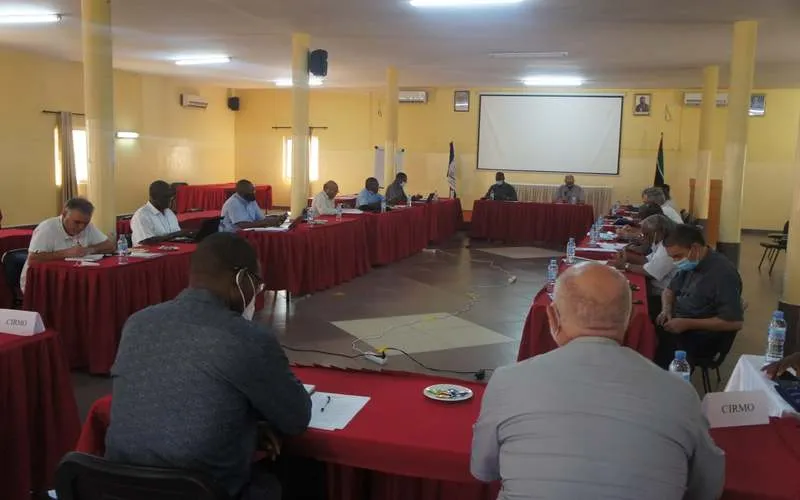Located in Mozambique’s Catholic Diocese of Pemba, Cabo Delgado region has witnessed growing instability since October 2017 when an Islamist armed group known locally as Al-Sunna wa Jama’a (ASWJ) attacked a police station in Mocimboa da Praia district.
Since then, the attacks have increased in frequency and intensity leading to the death of at least 2,000 people and the displacement of a third of the population, 74 percent of them being women and children, according to the leadership of the United Nations (UN).
In the latest attack carried out on March 24, Islamist militants reportedly attacked the town of Palma in Cabo Delgado Province, with witnesses saying they saw casualties in streets following the attack, according to multiple media reports.
In a report published April 5, Fr. António Chamboco who ministers in Mozambique told Pontifical Charity Organization, Aid to the Church in Need (ACN) International, that families that escaped the attack of Palma are in confusion, unsure of the whereabouts of their loved ones, and whether or not those who are missing survived the attack.
Following the Palma attack, officials of the UN International Organization for Migration (IOM) estimate that more than 17,000 people have been on the move.
On Tuesday, April 18, the leadership of the United Nations Children’s Fund (UNICEF) warned that Cabo Delgado region is facing a “large and likely long-lasting” humanitarian crisis characterized by worsening hunger and rising risk of deadly diseases.
“We salute and express our fraternal closeness in particular to our displaced brothers from Cabo Delgado. We pray that soon the end of the terrible conflict and overcoming humanitarian drama,” Catholic Bishops in Mozambique say in their April 18 communiqué.
Making reference to COVID-19 pandemic, the Bishops express their “deep sadness over the closing of the churches and the lack of community celebrations,” challenges they say “provide us with opportunities to be more creative in evangelization methods, boosting family Sunday school, distributing grants for family celebrations.”
“We are challenged to be an outgoing Church. We hope that the reopening of places of worship will be soon,” they say, adding, “We encourage Dioceses to continue with Sunday school in our communities as a way to complete our children's full education.”
In the ten-point communiqué obtained by ACI Africa, the member of CEM further express their joy at the presence of the new Local Ordinary of Gurue Diocese, Bishop Inácio Lucas during the April 12-18 Plenary Assembly held at the Center of Franciscan Hospitaller Sisters of the Immaculate Conception in the Archdiocese of Maputo.








